Affiliate links on Android Authority may earn us a commission. Learn more.
WeWork: How it works, and why it won't work for me
Published onAugust 18, 2019
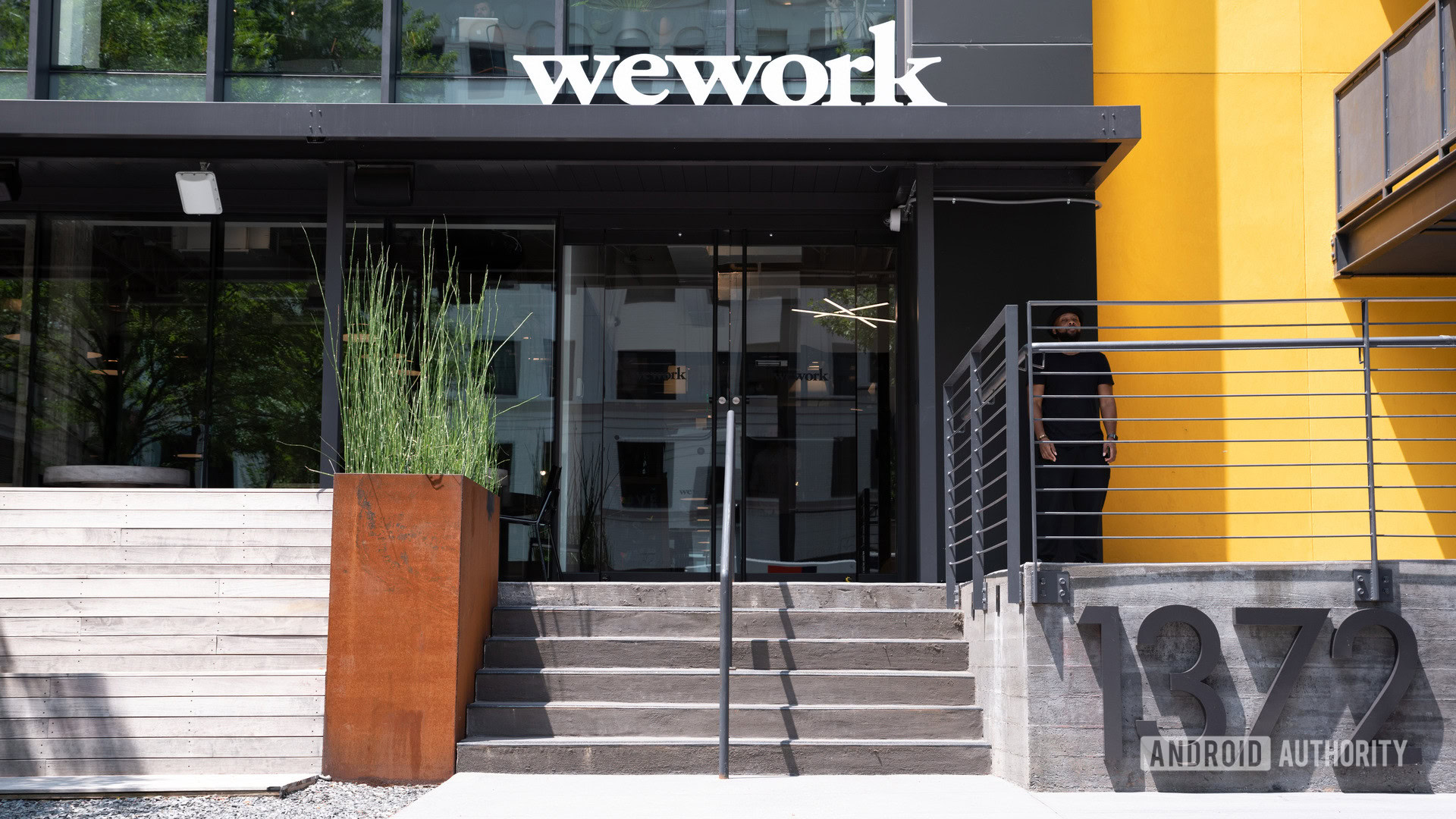
The U.S. has more than 16 million people working in the gig economy, and as a result the floodgates have opened for co-working spaces. One of the most popular is WeWork.
Shared office spaces simulate what we may imagine a hip start-up space in San Francisco to look like. I spent a day working from an Atlanta location and enjoyed it well enough. After all, who am I to resist the allure of on-tap kombucha, cold brew coffee, and beer? Nevertheless, after clocking out, I knew I’d never invest in a membership.
Why choose WeWork?
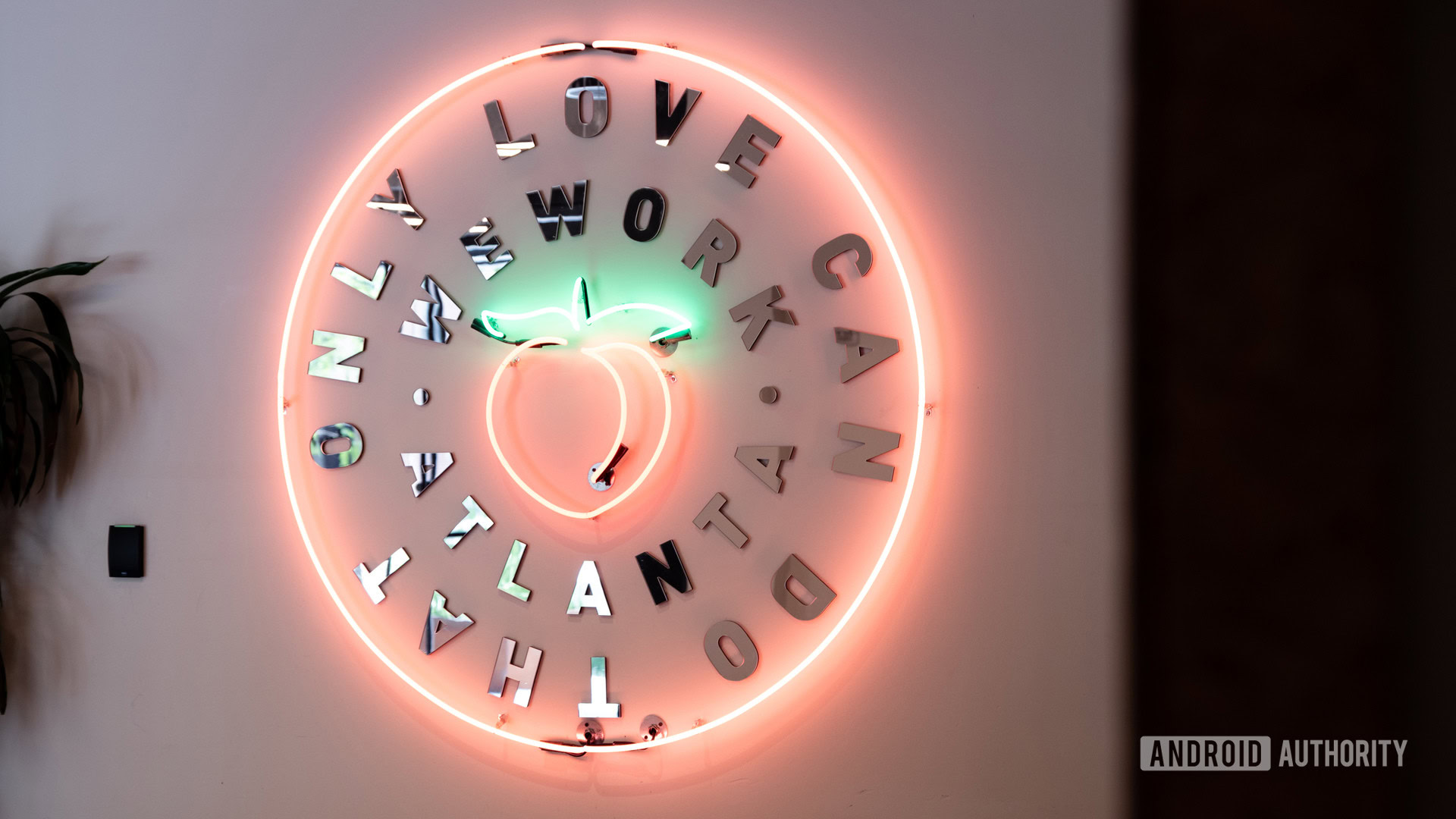
I chose WeWork of all the co-working spaces because it’s one of the most accessible options. It has 759 open and anticipated locations in 124 countries worldwide. That, and my friend has a membership and signed me in as her guest.
As any digital nomad will tell you, working remotely gets lonely. Naturally, an open environment which purports to do everything traditional work spaces do (but better) is attractive. WeWork founders Adam Neumman and Miguel McKelvey saw this opportunity in 2010 as the gig economy began booming. By enticing businesses and satellite workers unable to afford independent office spaces, the non-real estate, real estate moguls’ company took off.
While not everyone in a WeWork is a direct co-worker to the other, everyone is technically co-working. WeWork’s efforts to create a sense of community is appreciated, and something not afforded by working from coffee shops. The location I visited brings in a free meal once a week and hosts panel discussions and social mixers throughout the month. It’s a great opportunity for members to acquaint themselves with each other and network within the industry. Events like this aren’t afforded by working from Starbucks or your favorite cafe, yet.
Included perks
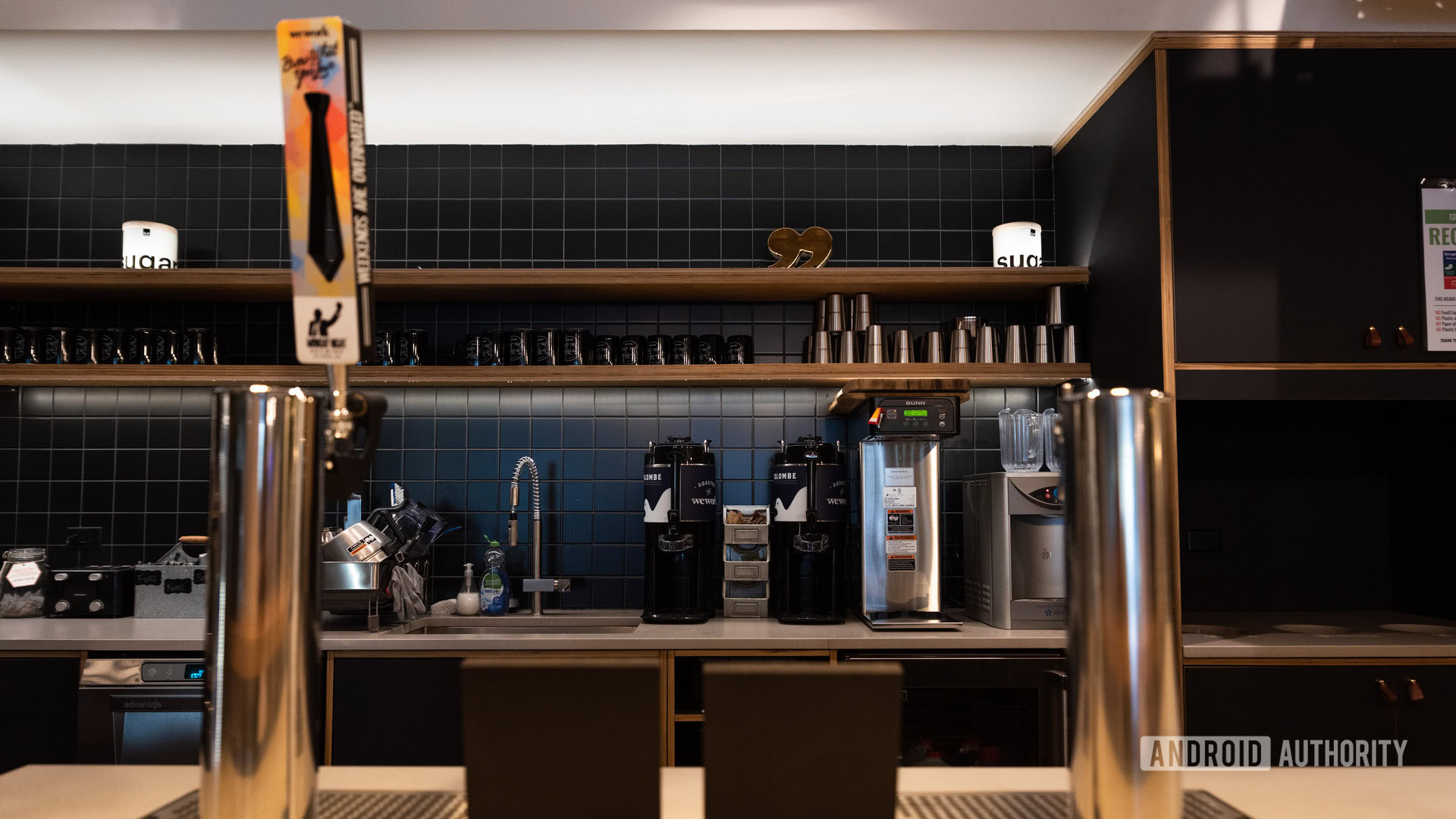
Each WeWork location varies in layout, but there are a handful of constants. Members benefit from internet access either via Wi-Fi or ethernet cable. Plus, if issues arise, IT support can help. Every floor has its own printing area, and an assortment of office supplies like a paper shredder, printer, and stapler — the usual.
What’s more, you may use any of the available phone booths. It’s not as cool as stepping into a TARDIS, but it’s a nice compact space with booth seating and a table. The privacy is needed for conference calls, as the common area gets quite loud. It’s also an effective way to escape the din of the kitchen, which is also available around the clock. WeWork kitchens are decked out with fruit-infused water, various coffees, a medley of teas, and utilities like a refrigerator and microwave.
An unwritten perk of WeWork, or any co-working space for that matter, is the elimination of distraction and separation of work and personal life. If you find yourself easily tempted by the 55-inch TV sitting in your living room, a place like WeWork may benefit your productivity. What’s more, it’s more difficult to run to the fridge for a quick snack when food inventory is limited to what you brought that day.
One of the biggest responses I get when people learn I’m a remote worker is something like, “Oh, I could never do that!” To their credit, not everyone is made to work from home. Doing so makes it difficult to clearly distinguish between your personal and professional lives. blurring that line can increase stress as you may feel obligated to work during any free time you have, something I struggled with when starting as a remote worker. Having a clear division of where you work and where you live is invaluable.
That being said, the biggest perk for my job is the mail-handling service — you can have packages delivered to the front desk. As someone who reviews an endless number of audio products, knowing review units are directly handed off, rather than left outside my apartment door, is invaluable. For the record, this costs an additional fee for hot desk members.
With all the positives of WeWork, what’s holding me back from becoming a card-carrying member?
Inside WeWork: Superficially cool
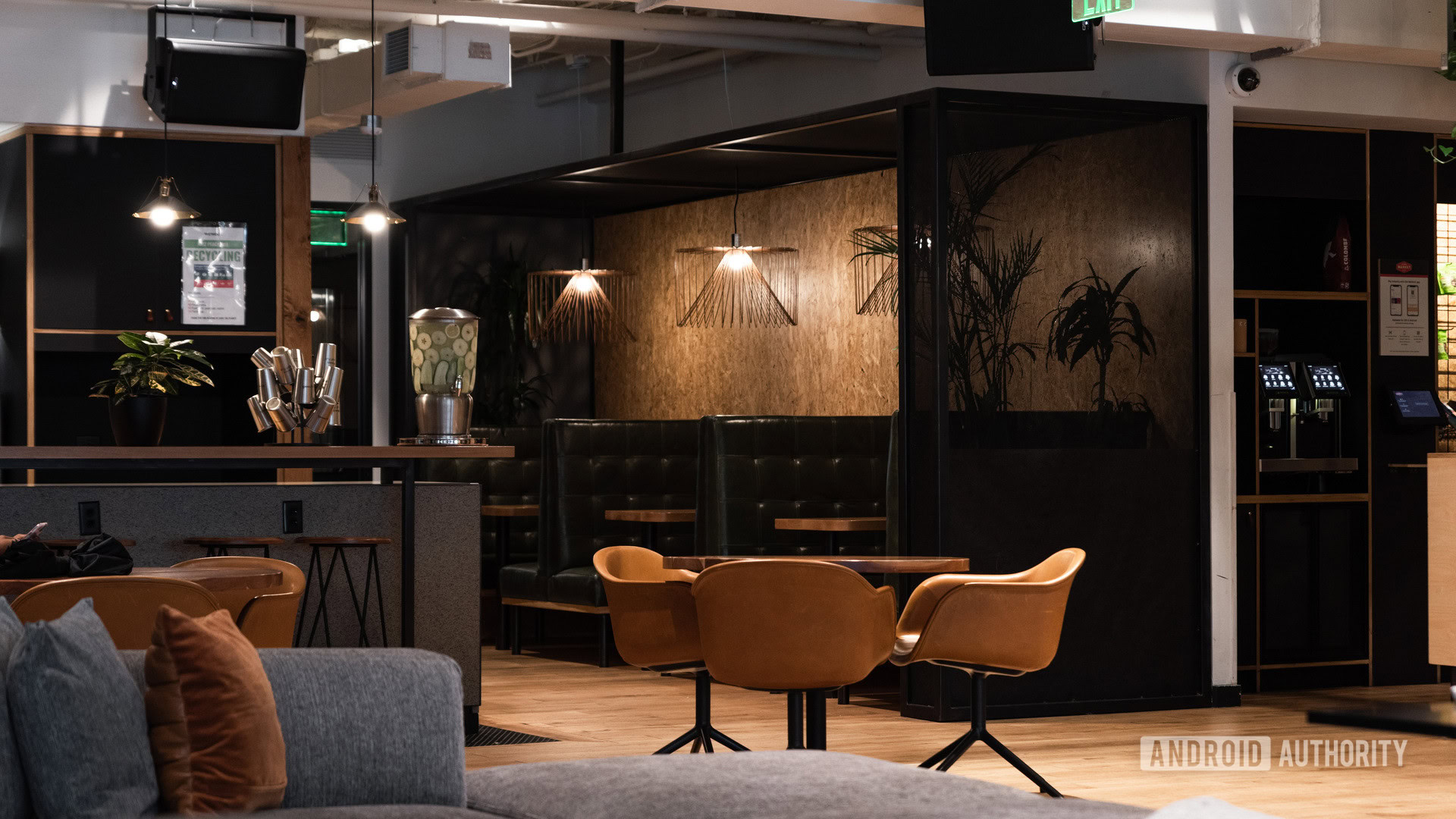
After taking a few minutes to scope out the first of three floors, I felt excited. The main space emulates a typical open-office environment, something I’d never experienced prior. My adrenals were jazzed from the “free” espresso. Plus, the stainless steel kitchen was nicer than anything I’ve paid rent for, and the modern (though derivative) decor was pleasing. I was ready to work. Yet, it wasn’t long before I grew distracted. The space didn’t feel real.
In a sense, that’s the point: it’s an artificial work space each member, or her employer, pays to patronize. Objectively speaking it’s perfect, which contributed to my unease.
As a visitor, I was afforded the same perks members receive: endless drink options, kitchen access, a “hot desk” — which is any one of the unclaimed seats along a few shared tables — communal utilities, and any games or books scattered about. WeWork’s desk clerk provides toiletries upon request, and the bathrooms are stocked with Shout wipes and tampons, at least the women’s. Overall, it’s fresh, clean, and the staff are hospitable — all desirable qualities of a productive work environment.
WeWork epitomizes communal luxury.
No matter what, I couldn’t shake the feeling we were all in a university building which recently received ample outside funding. It was as if we were each remotely playing pretend office worker together. I felt unmoored from reality.
Admittedly, my disconcerted feelings may speak more to my lifestyle than WeWork’s cool kid extravagance. Ultimately, being there is like watching a D-list actor on your favorite guilty pleasure drama: you know they’re performing a persona, rather than truly understanding and portraying one, yet you can’t help but indulge in the series.
Every WeWork location does have a different vibe. Perhaps yours will feel less like a workplace simulacrum. However, the location I patronized made me feel hyper aware of the calculated communal luxury which, by the by, costs a small fortune to partake in.
Getting down to business: price

WeWork pricing varies depending on your location. Even within city limits, prices fluctuate. I’ll be discussing Atlanta rates, since that’s where I worked from.
Private offices
This is the type of option your employer would likely pay for if you’re a collective of remote workers who live in the same city or you’re part of a startup unable to otherwise pay rent for an equivalent arrangement.
There are a few options for private offices:
- Standard private office: This includes lockable offices with filing cabinets, desks, and chairs. They’re best for companies with up to 100 workers looking to reserve a space together. A single seat with in a private office starts at $550 per month. Two seats costs $770 per month, and the savings increase with the number of seats.
- Office suites: These include premium shared spaces and amenities like meeting rooms, lounges, and executive offices. They’re best for teams of 25-plus.
- Headquarters: This layout includes private offices, which are completely closed off from any shared space, and basic amenities. WeWork recommends this for teams of 20-250.
- Custom buildout: As you may expect this option is the most premium. It gives your company an entire floor, and the configuration is completely customizable. It’s best for companies of 50-500. When I asked about pricing, the representative was unable to direct me toward someone who could share ballpark pricing. She stated only that pricing is specific to the inquiring company’s needs.
WeWork dedicated desks vs hot desks

According to the site, dedicated WeWork desks are best for freelancers, remote workers, and small business owners. It affords a reserved desk where you may keep your belongings day after day. Your lockable office includes a chair, trashcan, and locked filing cabinet. The ones in the location I visited featured windows from floor to ceiling. Passersby can see directly into your office, which may or may not matter to you. You also get five monthly credits for booking conference rooms. This starts at $350 per month and can be rented out for 1-19 people per business.
Hot desks are a little different. They range from $220 to $350 per month and ensure a seat in the common area. You get two monthly credits for booking conference rooms. Mail and package handling is an extra $50 per month.
The nine-year-old company offers more than just expensive office space though.
Jumping into the We Community
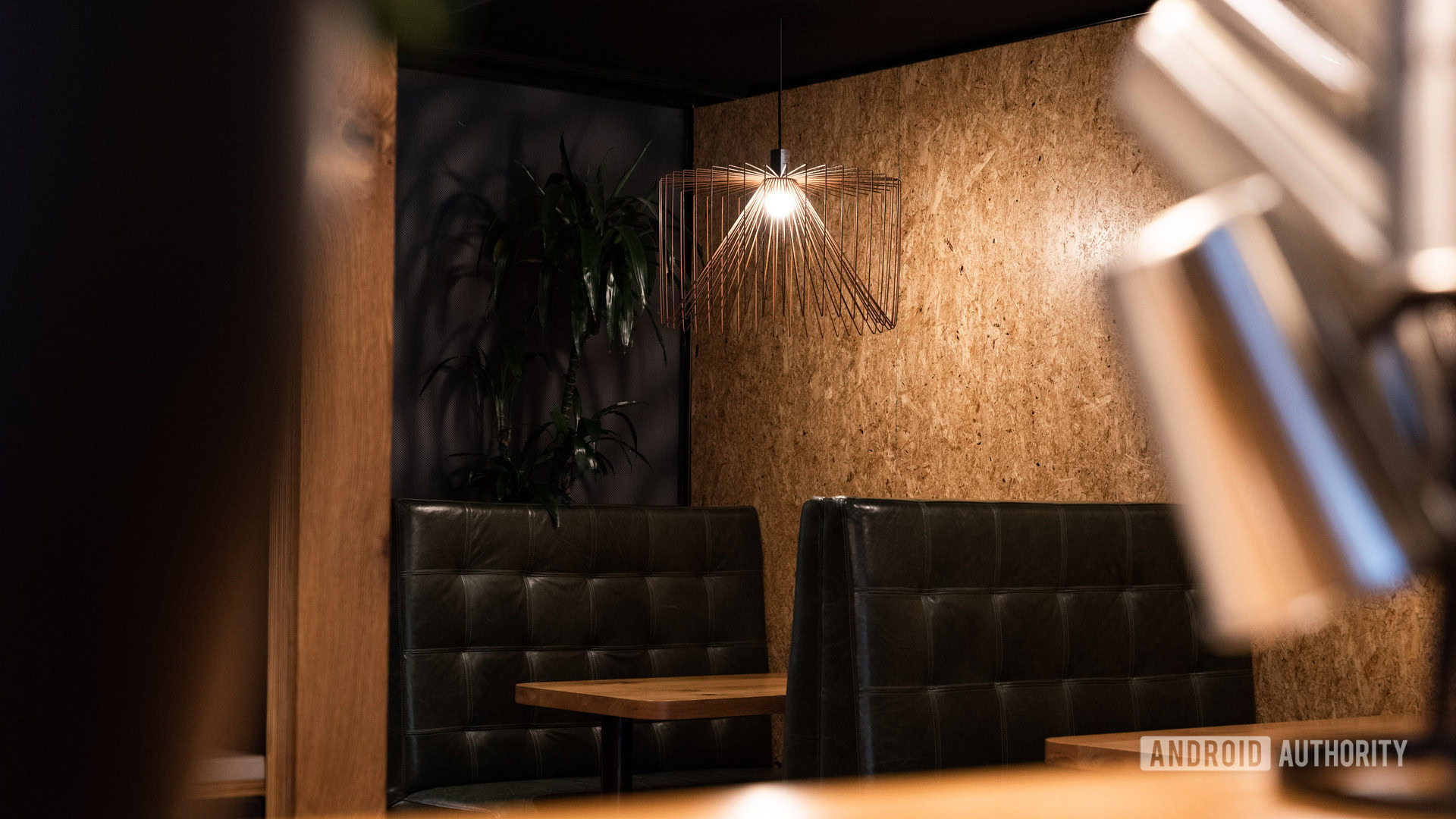
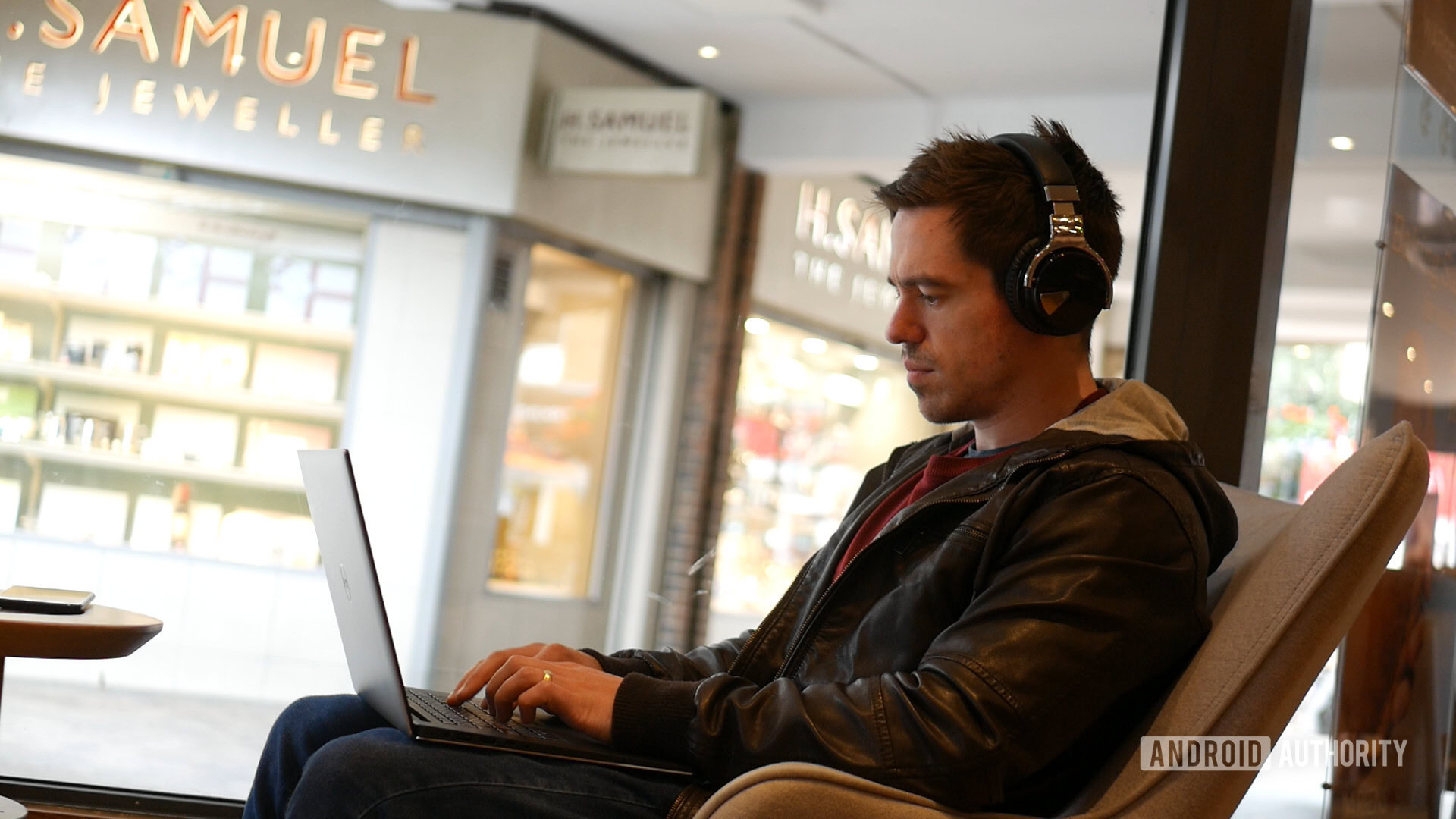
WeWork (or rather We Company, as it’s now called) is an ambitious company and it’s taken a three-pronged approach to its development, with WeWork, WeLive, and WeGrow. For those unfamiliar, WeLive brings the We Community into the home, or rather brings you into its home. It offers furnished living quarters with stays ranging from a single night to multiple months.
When using the reservation module to pick an extended stay, it limited me to 28 nights. You can’t reserve a 28-night stay online, though. You must place a call for further inquiry. The maximum duration I was able to confirm was three nights. The only available option was a NYC one-bedroom double for $737 total ($229 per night).
It’s a fine deal relative to a single night, which costs $269 in a studio double. However it’s still more expensive than a Times Square studio Airbnb, which includes equivalent provisions and costs $200 per night post-Airbnb fees.
WeGrow is for the youngins. It takes an alternative approach to education. Its curriculum follows six pillars: the mind, body, soul, conscious creators, arts, and nature. According to the New York Post, a one-year enrollment costs $42,000 — more than my annual Big Ten university tuition. Costs are less for preschool and two-year-old education programs.
WeWork's community is gate-kept by exorbitant pricing.
Locations for both WeLive and WeGrow are sparse. The former is currently available only in New York City and D.C., and the latter is exclusive to NYC. Even if you’re located near one, costs are prohibitive. It’s hard to justify the We lifestyle, when the cost of its primary education is enough to make a Montessori school blush.
Does WeWork have a future?

Seeing as WeWork Co-Founder Adam Neumann recently cashed out ~$700 million from the company, I’m concerned about WeWork’s life expectancy. Additionally, the company reported a net loss of more than $900 million for the first half of 2019 on revenues of $11.54 billion. This tracks with the money-losing trend of companies like Uber and Lyft, both of which went public in 2019. While this loss is alarming, WeCompany is soothing concerns by citing a marked 90% increase in membership from last year.
Just as I couldn’t shake the feeling of falsity while co-working, I can’t help but see the business as a convoluted commercial real estate company, rather than a tech company as many seem to understand it.
WeWork as a real estate company
WeWork mainly rents buildings from landlords and then rents them out to workers — it’s essentially a dapper arbitrageur. Yes, it attracts tech workers and startup companies, but that doesn’t make WeWork a tech company. A technology company manufacturers or provides technology as a service, which WeWork doesn’t do. It’s tech world adjacent.
In all fairness, WeWork doesn’t explicitly self-define as a tech company, but other publications have wondered about it too.
There is novelty to how the company rents out office space. Clients aren’t locked into a long-term contract like a commercial office space requires, but the business model is the same: WeWork takes empty or underused buildings, dresses them up, and rents the space out to tenants.
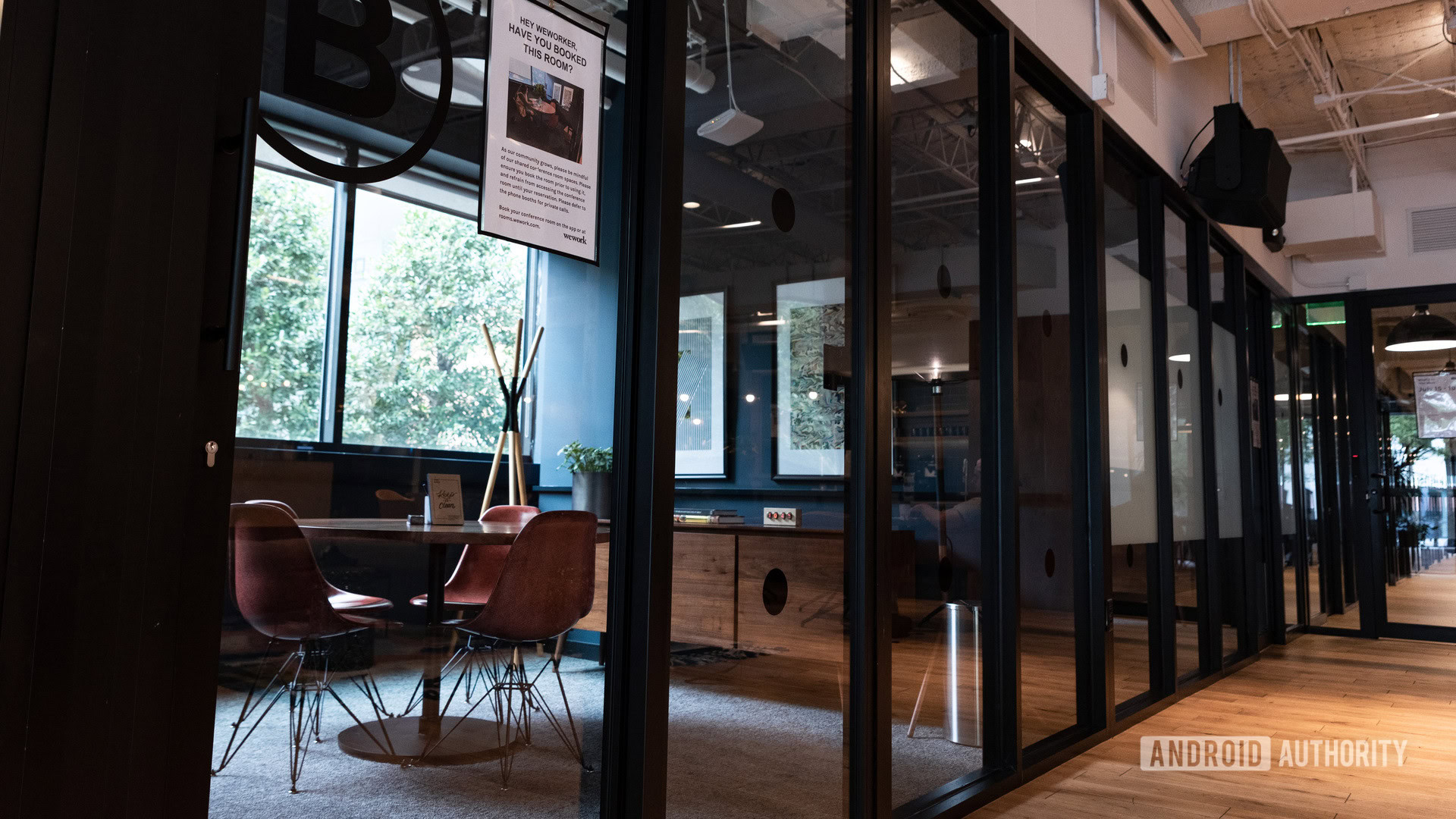
Being a real estate company, it’s not immune to housing market ups and downs. Since WeWork strategically positions itself as a tech company and chases financial growth like one, it isn’t prepared for eventual economic decline the same way an unabashed real estate company is. Typical landlords push tenants to commit to long-term contracts, so if there is a downturn, they can still rely on income for the signed period. WeWork turns this model on its head by peddling short-term leases. This dissonance in how WeWork behaves and how its classified is worrying.
Traditional landlords pressure long-term leases, while WeWork encourages short-term ones, allowing its valuation to increase with each client who signs up for a membership.
Sure, long-term contracts are available. A phone representative shared with me that renters who cancel six- to 12-month leases, incur a penalty equal to 1.5 times the monthly rent, but monthly membership cancellations don’t incur a penalty. Seems like a pretty easy workaround for inquisitive potentials. When I reached out to WeWork’s press contact, they declined to comment on the ratio of long- to short-term contracts. It’s hard to speculate how prepared WeWork is for a rental market downturn.
It’s not all sketchy, though — WeWork makes sense in some instances.
Who should get a WeWork membership?
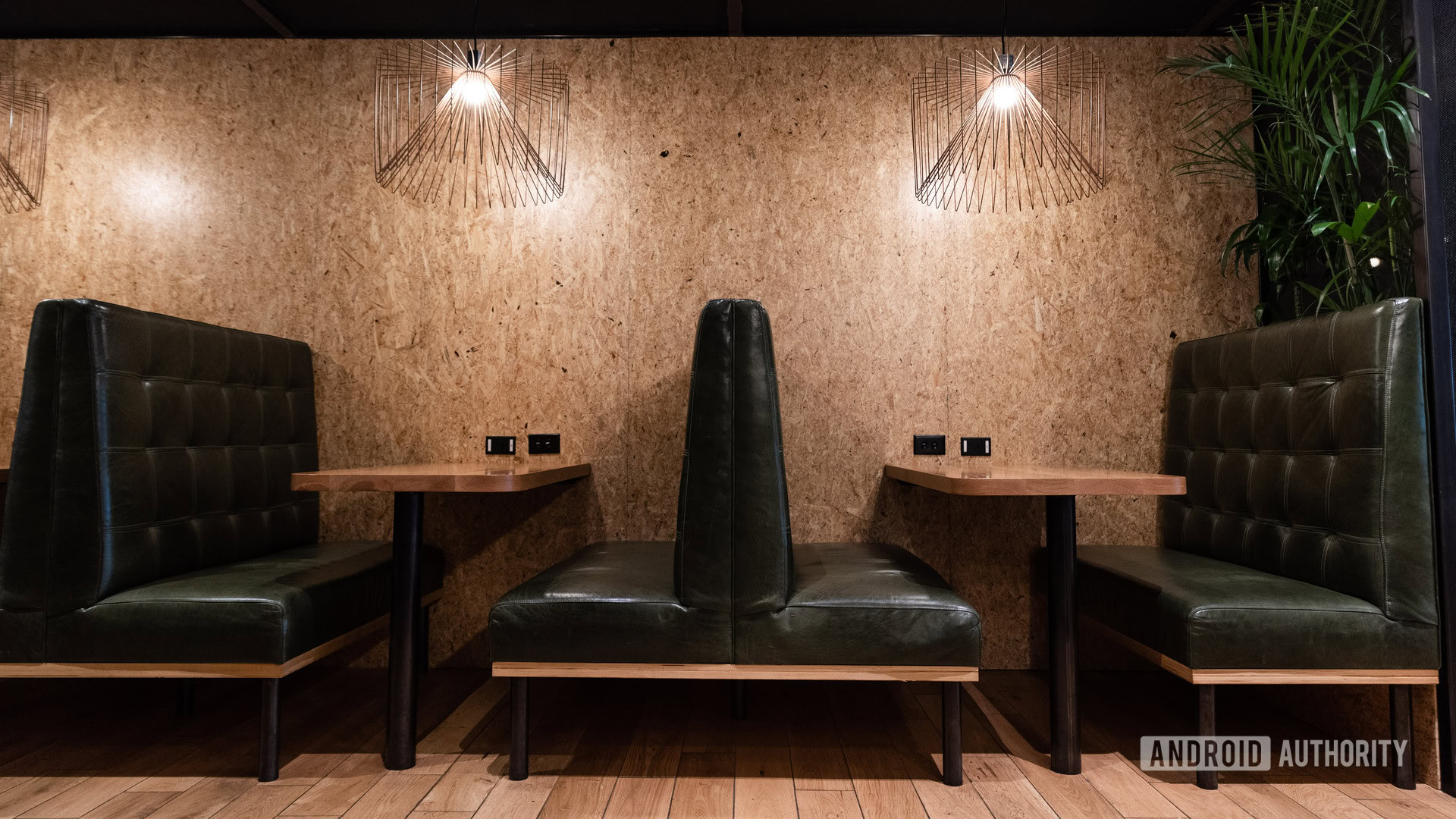
Companies that need a short-term rental option, be they a startup or migrating business, are the most appropriate candidates for WeWork. While it is expensive, it makes sense for budding entrepreneurs worrying about other logistical issues. After all, finding and furnishing rental spaces is exhausting.
On an individual basis, the only instance where WeWork makes financial sense is if your employer pays the membership fee. In that case, indulge in as much kombucha and cold brew as you can stomach. I also see the draw for remote workers with distracting home environments — maybe your roommates are constantly coming and going, or your upstairs neighbors happen to tap dance with lead feet.
In most other scenarios, it’s hard for me to justify the monthly fee when public libraries are free. Alternatively, you can cycle through local coffee shops for ~$2.50 a day, if you limit your purchase to black coffee. Even if I spent $10 a day, with an average of 21 work days per month I’d still spend $40 less than the base monthly hot desk membership. True these locales don’t host happy hour events. However, Meetup, an app I’ve had great luck with, allows you to partake in activities based on a common interest.
A venti cappuccino a day keeps my WeWork membership at bay.
While the alternatives aren’t ideal, they make more financial sense. Bear in mind, the membership doesn’t include parking (~$150 per month in Atlanta), gas, and food. Costs quickly add up, making a varied schedule of rotating between home, the library, and cafes evermore appealing. If I were made of money, WeWork would certainly be a more viable option.
Alas, I’m in a place where finding a crumpled $5 bill in my jeans is a good day. Instead of joining the ranks of WeWorkers, I’ll happily pay a single rent to my apartment landlord, and work with noise-cancelling headphones when my neighbors get too rambunctious.